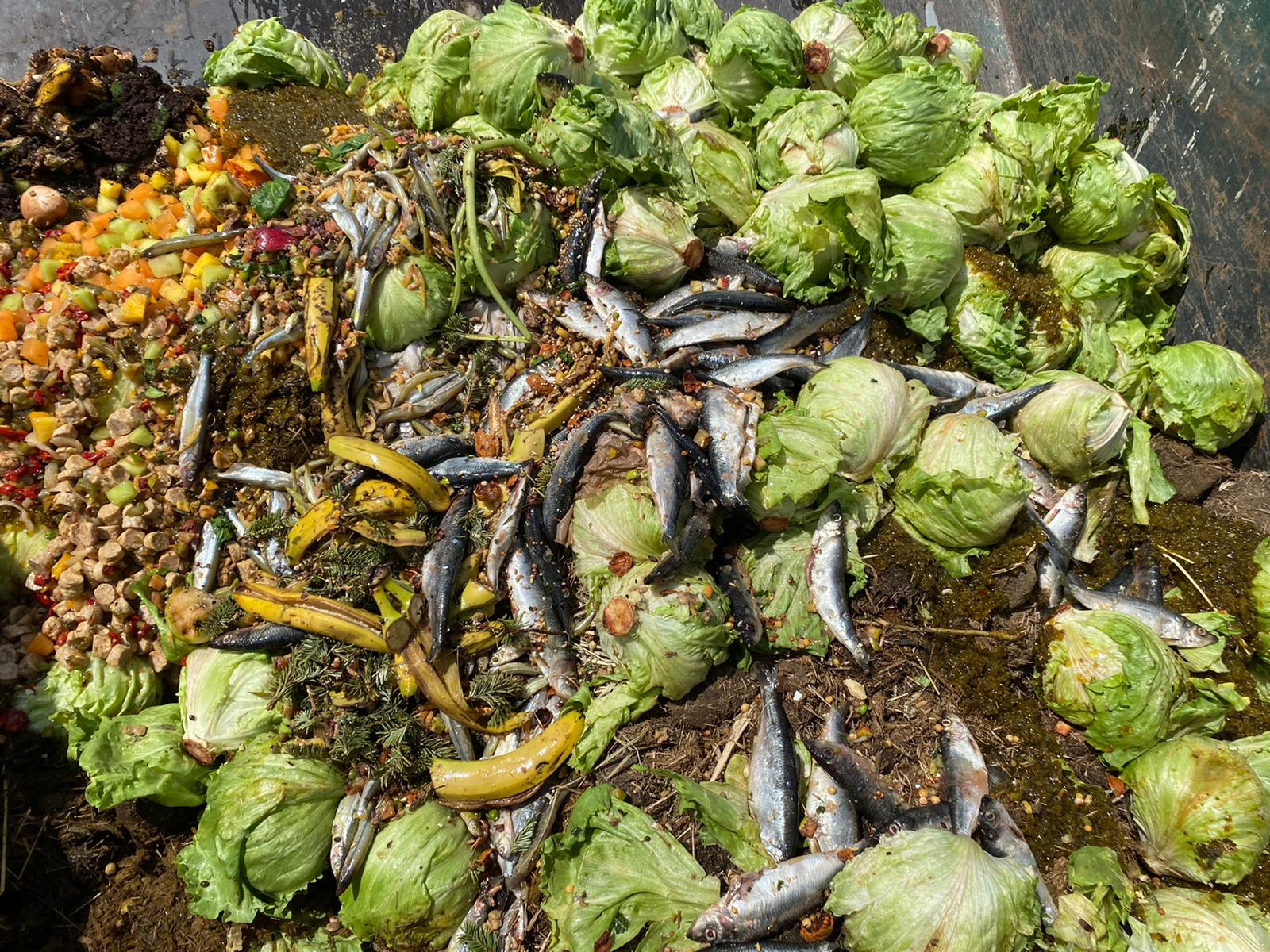
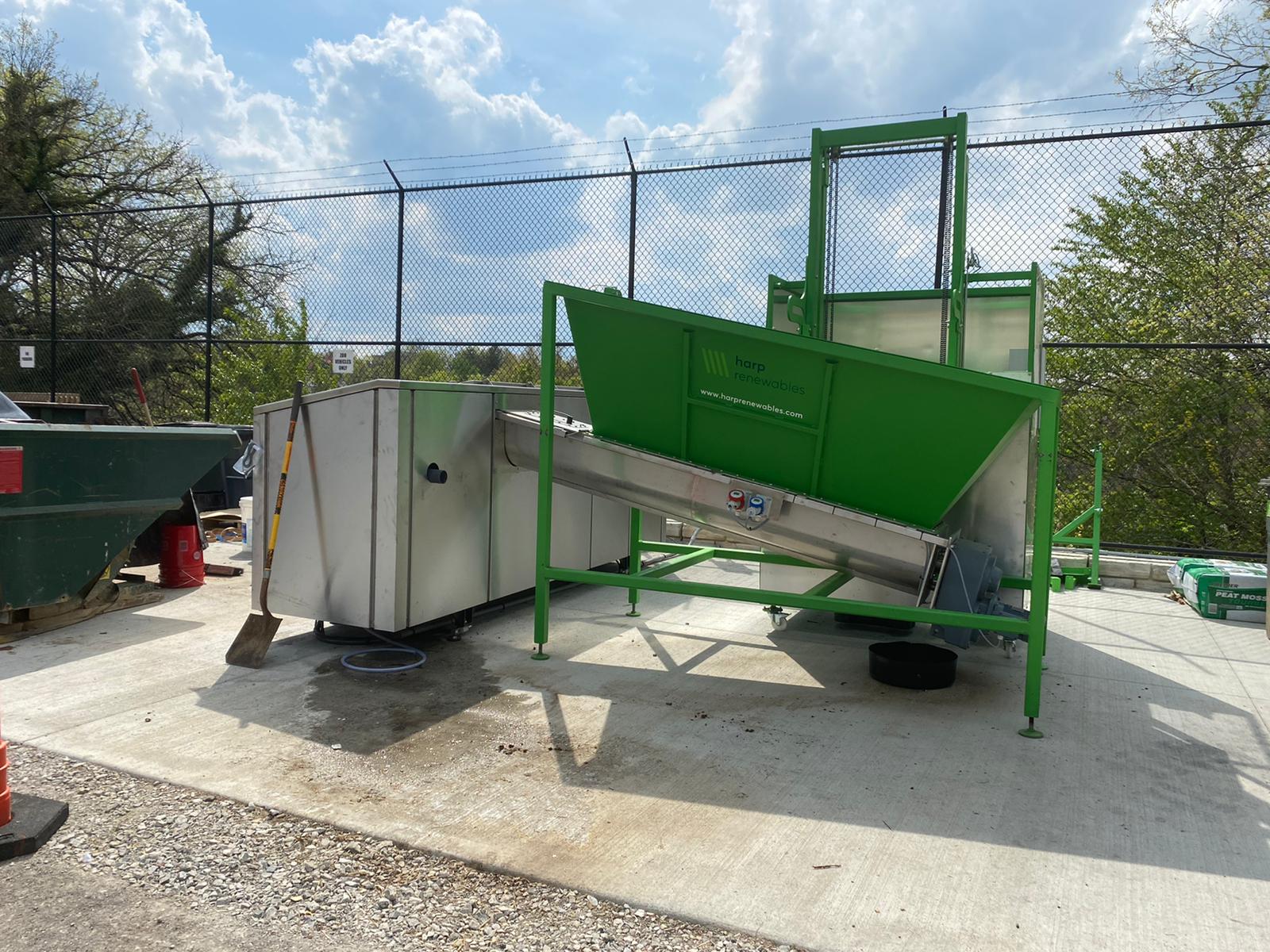
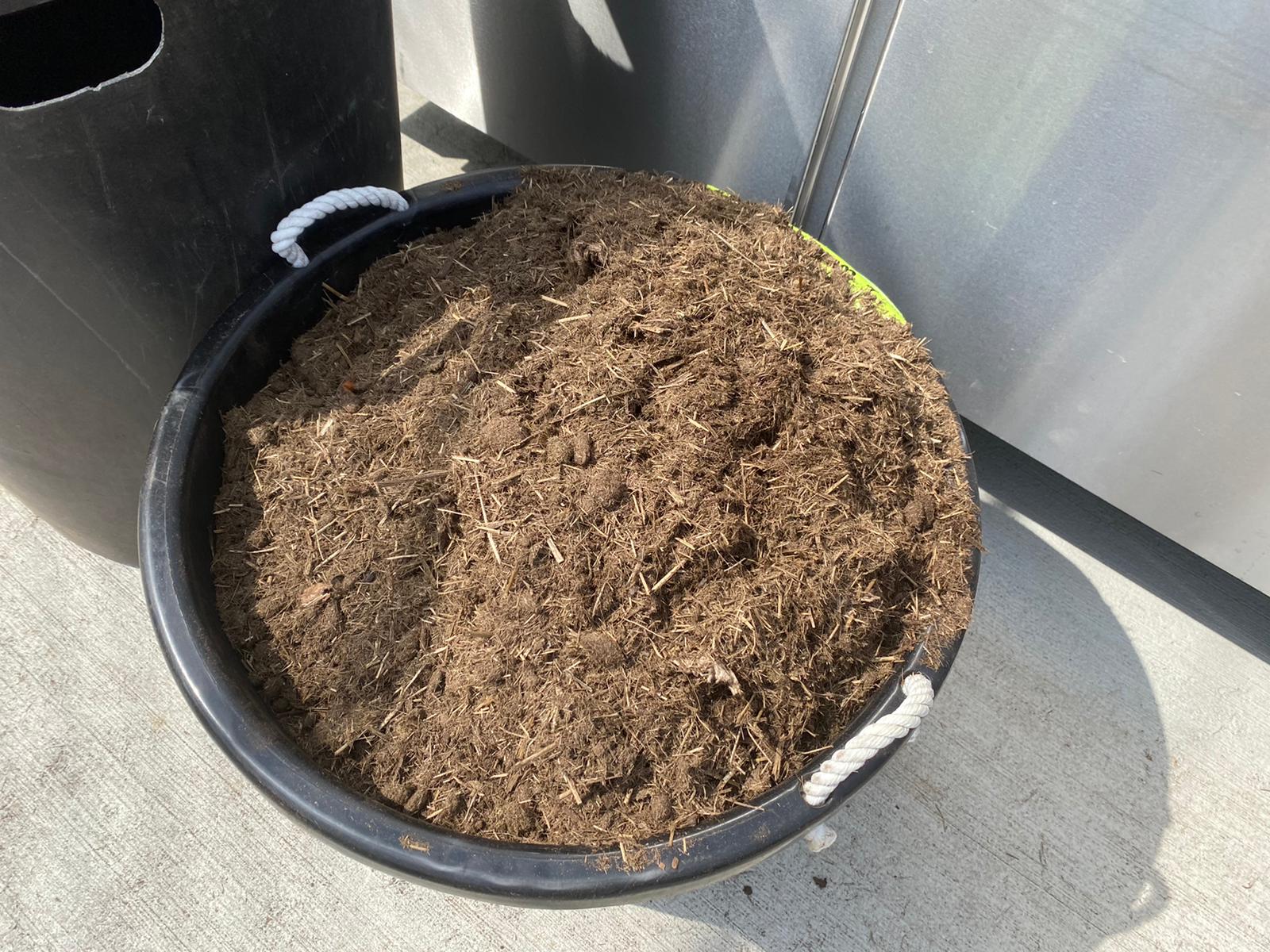
Cincinnati Zoo and Botanical Gardens is renowned for its commitment to sustainability and innovative waste management practices. A significant portion of the zoos waste is organic, including animal manure and food waste. Therefore, the zoo has implemented extensive recycling programs for both mainstream and speciality items.
Harp Renewables, a leader in sustainable waste management solutions, has successfully installed its cutting-edge CX5 Bio-digester at the Cincinnati Zoo and Botanical Garden. This innovative technology is set to revolutionise the zoos waste management practises, transforming organic waste into valuable bio-fertiliser.
From Waste to Resource: Cincinnati Zoo’s Eco-Friendly Approach
The Cincinnati Zoo, known for its commitment to sustainability, generates approximately 1,000 tons of organic waste annually. This includes food scraps and animal manure, which were previously sent to landfills. With the installation of the CX5, the zoo can now process this waste-on-site, converting it into nutrient-rich bio-fertiliser or ‘Fionaliser that the Cincinnati Zoo has named it (after the zoos beloved young hippo), within 24 hours. This biofertilizer will be used at a farm in Warren County that grows food for the zoo animals.

The zoo aims to divert at least 90% of the waste generated at the zoo with reuse, composting and recycling efforts. About 80% of Cincinnati Zoo & Botanical Gardens waste stream is organic waste generated by the animals and cafes on site. The zoo is working with a local farm to pile and compost elephant manure, turning it into a regenerative soil additive.
Other initiatives the zoo has implemented includes, water reclamation by collecting and reusing rainwater to mitigate the impact on the local sewer system and reduce water pollution, as well as other renewable energy strategies such as the use of solar panels, in order to generate more renewable energy than it consumes by 2025.
Cincinnati Zoo and Botanical Gardens has therefore invested in Harp Renewables CX5 series, in order to reduce food waste as well as animal manure wasted each and every day, therefore mitigating greenhouse gasses released, and limiting the amount of waste sent to landfill, contributing to a cleaner, greener environment.
Mark Fishers, Vice President of Facilities at the Cincinnati Zoo, expressed “We were just sending it to the landfill, and there’s got to be a better way”. This partnership between Harp Renewables and Cincinnati Zoo helps to combat this problem of waste going to landfill and by adopting the CX5, the zoo is setting a new standard for environmental stewardship in the zoological community.
WCPO reporter, Raven Richards stopped by at Cincinnati Zoo and discuss the Harp Renewables waste management solution with Mark Fisher. Watch the full video below.






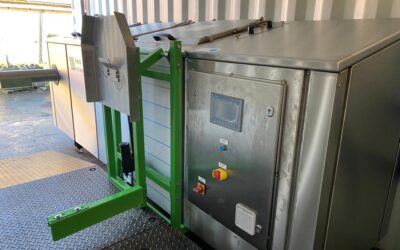
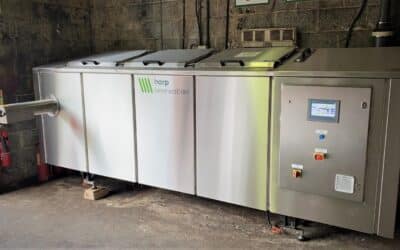

0 Comments